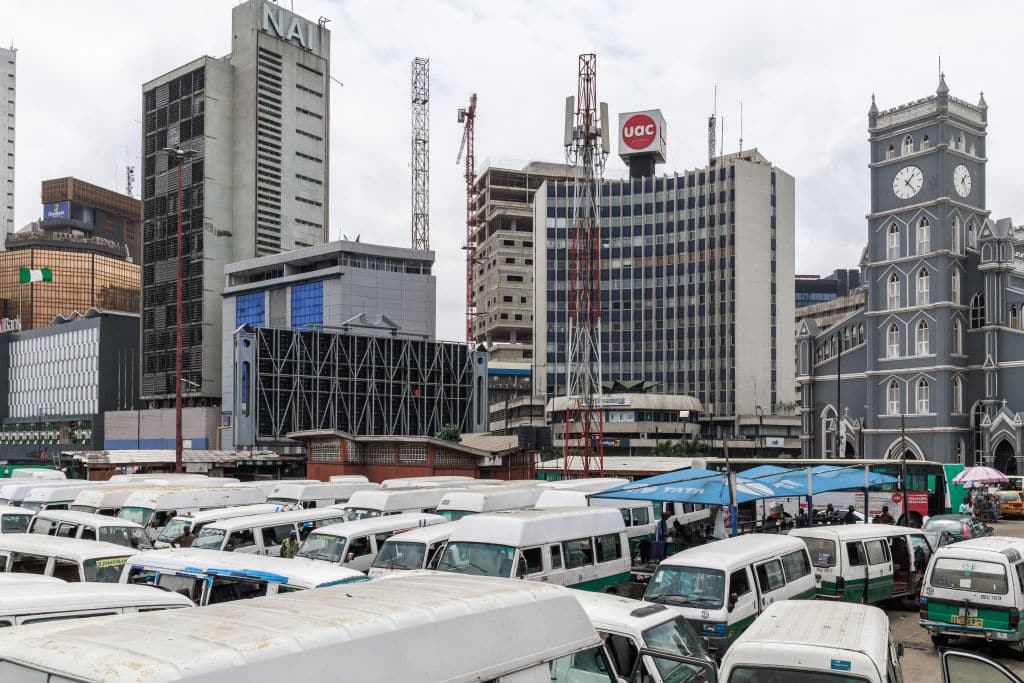A new report by Nigerian HR startup PaidHR (formerly PadeHCM) has revealed that 78% of workers in Lagos, Nigeria’s largest city, earn less than ₦100,000 ($62.50) per month.
The report, titled The State of the Employed, is based on responses from over 1,600 employed individuals in Lagos with a population of over 21 million and a gross domestic product (GDP) of ₦41.17 trillion ($25.73 billion), driving 30% of the West African nation’s economy.
According to the report, only 7% of workers in Lagos earn above ₦200,000 ($125) monthly, with the median salary sitting at ₦60,000 ($37.50). On average, workers spend ₦58,000 ($36.25) on food, ₦15,000 ($9.30) on housing, and ₦22,000 ($13.75) on transportation each month, leaving little room for savings or discretionary spending. The report also noted that most workers allocate 20% of their income to “black tax”, or financial support for extended family members.
The report also found significant gender disparities in earnings. Men earn a median salary of ₦70,000 ($43.75), while women earn ₦50,000 ($31.25). This disparity is consistent across different demographics, with married men earning 33% more than married women and divorced men earning 52% more than divorced women.
Economic pressures are also impacting worker productivity. The report noted that 55% of workers reported a decline in productivity over the past year, citing Nigeria’s economic challenges as a primary factor. While employers attributed this drop to rising transportation and feeding costs, 58% of respondents believe their mental and emotional state is the primary factor affecting their work performance.
Loading...
Despite the challenges, Lagos’ workforce is young and vibrant, with 51% of respondents aged between 19 and 35. However, many within this group remain financially dependent, living with parents, friends, or siblings due to the high cost of living and limited earning potential.
Commenting on the findings, Nigerian analyst Moses Adeolubodun tells FORBES AFRICA, “The economic landscape in Lagos reflects a microcosm of the larger Nigerian economy, where inflation and economic instability have left the average worker in a precarious position. The report highlights the urgent need for measures to address wage disparity and support employee well-being.”
The report’s findings come amid the recent increase in Nigeria’s national minimum wage from ₦30,000 ($18.75) to ₦70,000 ($43.75).
Loading...
